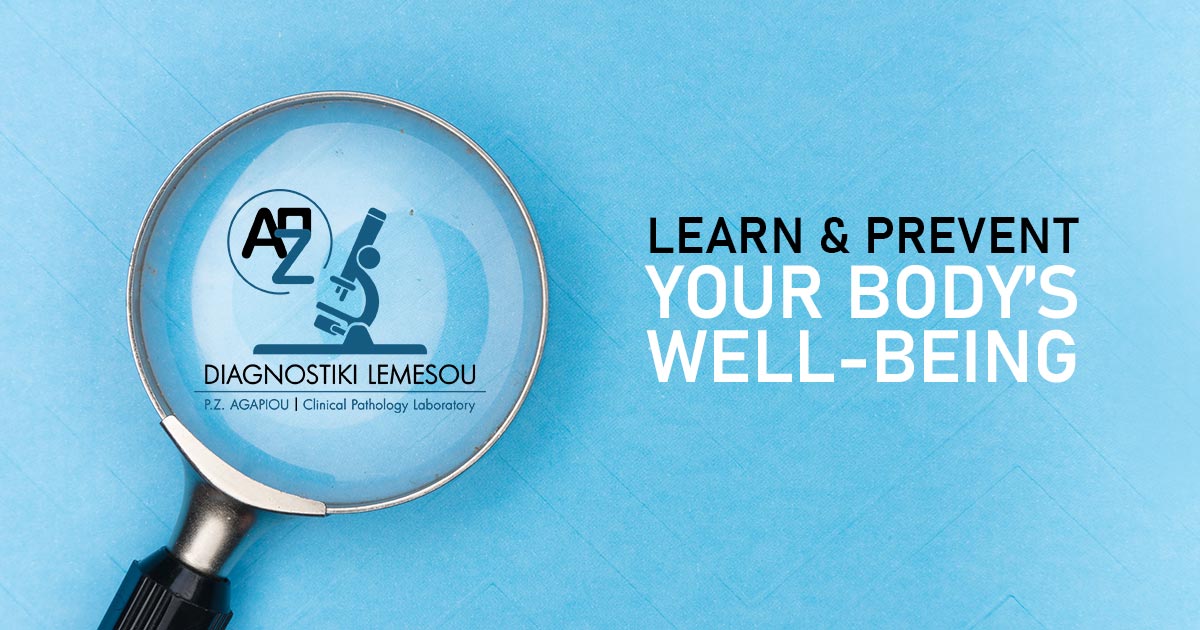
Fecal Occult Blood test (FOB)
Overview
The fecal occult blood test (FOBT) is a lab test used to check stool samples for hidden (occult) blood. Occult blood in the stool may indicate colon cancer or polyps in the colon or rectum though not all cancers or polyps bleed. Typically, occult blood is passed in such small amounts that it can be detected only through the chemicals used in a fecal occult blood test. If blood is detected through a fecal occult blood test, additional tests may be needed to determine the source of the bleeding. The fecal occult blood test can only detect the presence or absence of blood it can’t determine what’s causing the bleeding. A fecal occult blood test isn’t recommended if you have colon cancer symptoms. If you notice blood in your stool or in the toilet or if you experience abdominal pain or a change in your bowel habits, make an appointment with your doctor.
Why it’s done?
The fecal occult blood test is one option for colon cancer screening. It may be an option if you have an average risk of colon cancer and don’t have any symptoms. The fecal occult blood test is typically repeated yearly.
Risks
Risks and limitations of the fecal occult blood test include:
The test isn’t always accurate. Your fecal occult blood test could show a negative test result when cancer is present (false-negative result) if your cancer or polyps don’t bleed.
Your test could show a positive result when you have no cancer (false-positive result) if you have bleeding from other sources, such as a stomach ulcer, hemorrhoid, or even blood swallowed from your mouth or your nose.
Having a fecal occult blood test may lead to additional testing. If your fecal occult blood test result is positive, your doctor may recommend a test to examine the inside of your colon, such as a colonoscopy.
How you prepare
Various foods, dietary supplements and medications can affect the results of some fecal occult blood tests either indicating that blood is present when it isn’t (false-positive) or missing the presence of blood that’s actually there (false-negative). Your doctor may ask you to avoid certain foods or medicines. To ensure accurate test results, follow your doctor’s instructions carefully.
For about three days before the test, your doctor may ask you to avoid:
- Certain fruits and vegetables, including broccoli and turnips
- Red meat
- Vitamin C supplements
- Pain relievers, such as aspirin and ibuprofen (Advil, Motrin IB, others)
What you can expect
There are several types of fecal occult blood tests, each with a different approach to collecting and testing stool. They include:
- Immunochemical fecal occult blood test (iFOBT, or FIT). The collection method for this test may depend on the manufacturer, but typically, you use a special spoon or other device to collect a sample of stool and store it in a collection container that comes with the test kit. The collection container is then returned to your doctor or a designated lab, by mail or in person. Immunochemical testing is preferred over the guaiac fecal occult blood test because it’s more sensitive. Also, it doesn’t require any dietary restrictions before sample collection and testing can often be performed on a random stool sample.
- Guaiac fecal occult blood test (gFOBT). For this test, your doctor typically gives you test cards that are used to collect stool samples from multiple bowel movements. You collect a stool sample from each of two or three bowel movements in a clean container, usually taken on consecutive days, and then use an applicator stick to apply a smear of stool to a specific area of a card. After the samples are dry, you return them to your doctor or a designated lab, by mail or in person.
- Flushable reagent pad or tissue. You can get this kit at a store without a prescription.
You place the pad or tissue in the toilet bowl after a bowel movement, usually on three consecutive days. The pads change color when blood is present. You then report the changes to your doctor, usually on a mail-in form.
For accurate results, follow the instructions and return the samples promptly.
Results
Your doctor will review the results of the fecal occult blood test and then share the results with you.
- Negative result. A fecal occult blood test is considered negative if no blood is detected in your stool samples. If you have an average risk of colon cancer, your doctor may recommend repeating the test yearly.
- Positive result. A fecal occult blood test is considered positive if blood is detected in your stool samples. You may need additional testing such as a colonoscopy to locate the source of the bleeding.
References
Feldman M, et al. Colorectal cancer. In: Sleisenger and Fordtran’s Gastrointestinal and Liver Disease: Pathophysiology, Diagnosis, Management. 10th ed. Saunders Elsevier; 2016. https://www.clinicalkey.com.
Doubeni C. Tests for screening for colorectal cancer. https://www.uptodate.com/search/contents.
Colorectal cancer screening (PDQ) – Health professional version. National Cancer Institute. https://www.cancer.gov/types/colorectal/hp/colorectal-screening-pdq.
Fecal occult blood tests. American Society for Clinical Oncology. https://www.cancer.net/navigating-cancer-care/diagnosing-cancer/tests-and-procedures/fecal-occult-blood-tests.
